Shormita discusses the deplorable condition of Transgenders and argues in favour of their equality, strengthened by the Supreme Court’s verdict in April 2014. An exclusive for Different Truths.
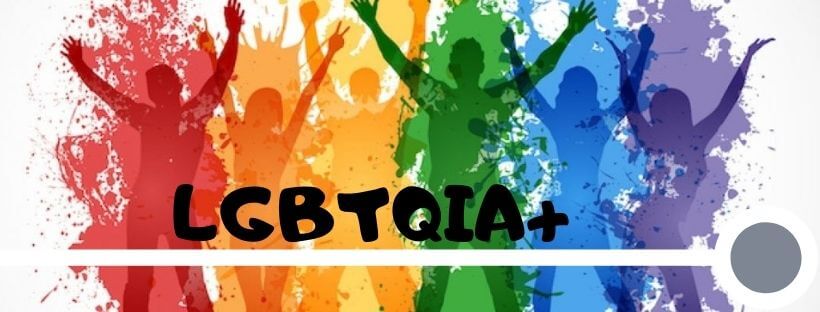
Transgender people are commonly known as ‘third gender’ in India and they fall under the LGBTQIA group, which comprises of lesbian, gay, bisexual and transgender. The transgender community do not have acceptance in mainstream society; the people of this community are marginalised, excluded, and neglected by society. The trans-people are sexually exploited and harassed for their sexual identity, and even at an incredibly early age, they are a subject of ridicule for the society.
In the Indian society, when parents come to know about their child being a transgender or we can say that a ‘hijra’, then they disowned their own blood, and the child is thrown out of the house for their sexual condition. They face a high level of discrimination and negligence in schools, colleges, offices, public spaces, markets, etc. they do not receive proper schooling in their childhood, social and moral etiquettes are not inculcated in them as they do not live with their parents and family since their childhood.
In the Indian society, when parents come to know about their child being a transgender or we can say that a ‘hijra’, then they disowned their own blood, and the child is thrown out of the house for their sexual condition. They face a high level of discrimination and negligence in schools, colleges, offices, public spaces, markets, etc. they do not receive proper schooling in their childhood, social and moral etiquettes are not inculcated in them as they do not live with their parents and family since their childhood. This is one of the main reasons that the literacy rate among the transgender community is low, 46% of transgendered people are literate when compared to 74.04% literate people in India.
It has been observed that at a very tender age the trans-child develops a fear of disclosing their gender identity to their family, they feel ashamed as they do not understand the difference between sex and gender of a person. The family pressure and the norms of the society make the child voiceless and they hesitate to share their experience with their close ones. It is important to understand that one’s sexuality cannot be defined by their sexual orientation, if one prefers to build sexual relationships with male or female, it is not a defining feature.
Claire Colebrook in her book Gender writes, “Judith Butler has tried to deconstruct this supposedly underlying sexual substance by pointing out that the self is nothing more than a series of actions- a performance- and that we then retroactively imagine that one performed this way because one was male, female, homosexual and so on.” In other words, according to Butler ‘gender’ is performative.
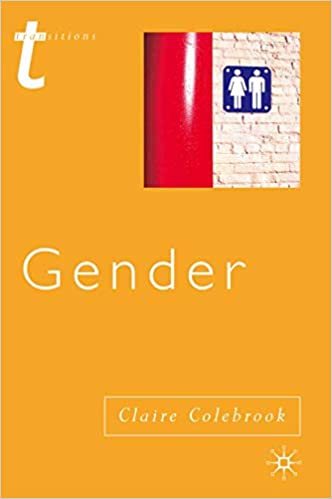
Claire Colebrook in her book Gender writes, “Judith Butler has tried to deconstruct this supposedly underlying sexual substance by pointing out that the self is nothing more than a series of actions- a performance- and that we then retroactively imagine that one performed this way because one was male, female, homosexual and so on.” In other words, according to Butler ‘gender’ is performative. Human sex is determined by the biological factor, whereas, gender is socially and culturally constructed. The society made us believe that having a male sex organ means that your gender is masculine; if you have a female sex organ then your gender is feminine. Gender is also believed to be omnirelevant, which means that the people of the society are always judging your behaviour to be either male or female.
The living condition of the transgender community is so miserable. Generally, the transgenders are compelled to leave their house as they bring disgrace to their family status. These trans-children found shelter in the transgender community or gharanas. In India, firstly they need to become chela of their guru (guru is given the status of the mother). Then, they have to perform rituals to officially become a hijra and after that, they become a member in their gharana.
Mostly, we have observed that the source of their livelihood is begging around in the streets, markets, shops, etc. Also, some transwoman performs sex-work and indulge in prostitution to meet their daily needs and some transsexuals opt to do traditional badhaai work, in which, they sing and dance in the weddings and ceremonies and the people seek their blessings for good luck.
Mostly, we have observed that the source of their livelihood is begging around in the streets, markets, shops, etc. Also, some transwoman performs sex-work and indulge in prostitution to meet their daily needs and some transsexuals opt to do traditional badhaai work, in which, they sing and dance in the weddings and ceremonies and the people seek their blessings for good luck. But still, their standard of living is very low as they are deprived of social welfare schemes, health-care facilities, education and employment opportunities, and legal rights. They are looked down as ‘unidentified’ and ‘invisible’ in society; they have to face economic difficulties in a developing country like India.
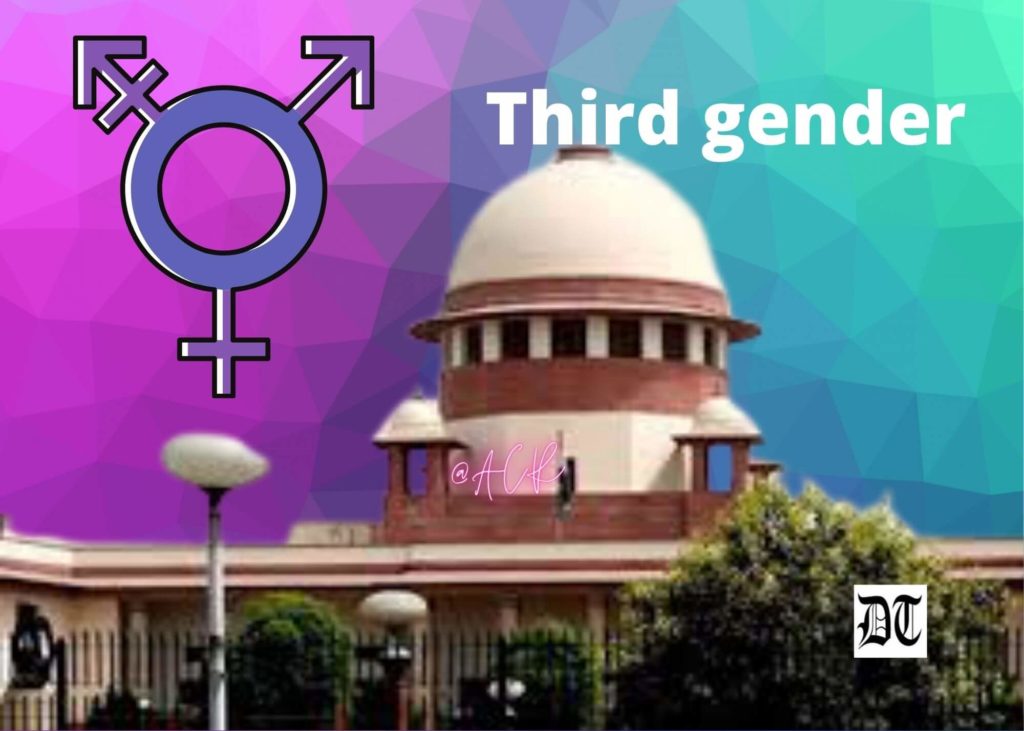
There are several cases which show how transgenders are maltreated and discriminated against in society. Most of the transwomen experience sexual violence and mob lynching at some point in their life, transwoman or transman are also victims of sexual assault and this fact is largely overlooked by the law and the society. According to the 2015 U.S. Transgender Survey, around 47% of transgender people are sexually assaulted in their lifespan. But these issues are neither openly discussed in society nor it is a punishable offence.
In April 2014, the Supreme Court of India has given the transgender the status of ‘third gender’ and provided legal identity to this community on paper. But still, there is a lack of social acceptance in society and they are not treated as equal humans among the mainstream society.
In April 2014, the Supreme Court of India has given the transgender the status of ‘third gender’ and provided legal identity to this community on paper. But still, there is a lack of social acceptance in society and they are not treated as equal humans among the mainstream society. They deserve equality, respect and acceptance from the people of the society, the people of the society needs to create a trans-inclusive environment for them so that this trans-people could regain their lost identity.
Visuals by Different Truths

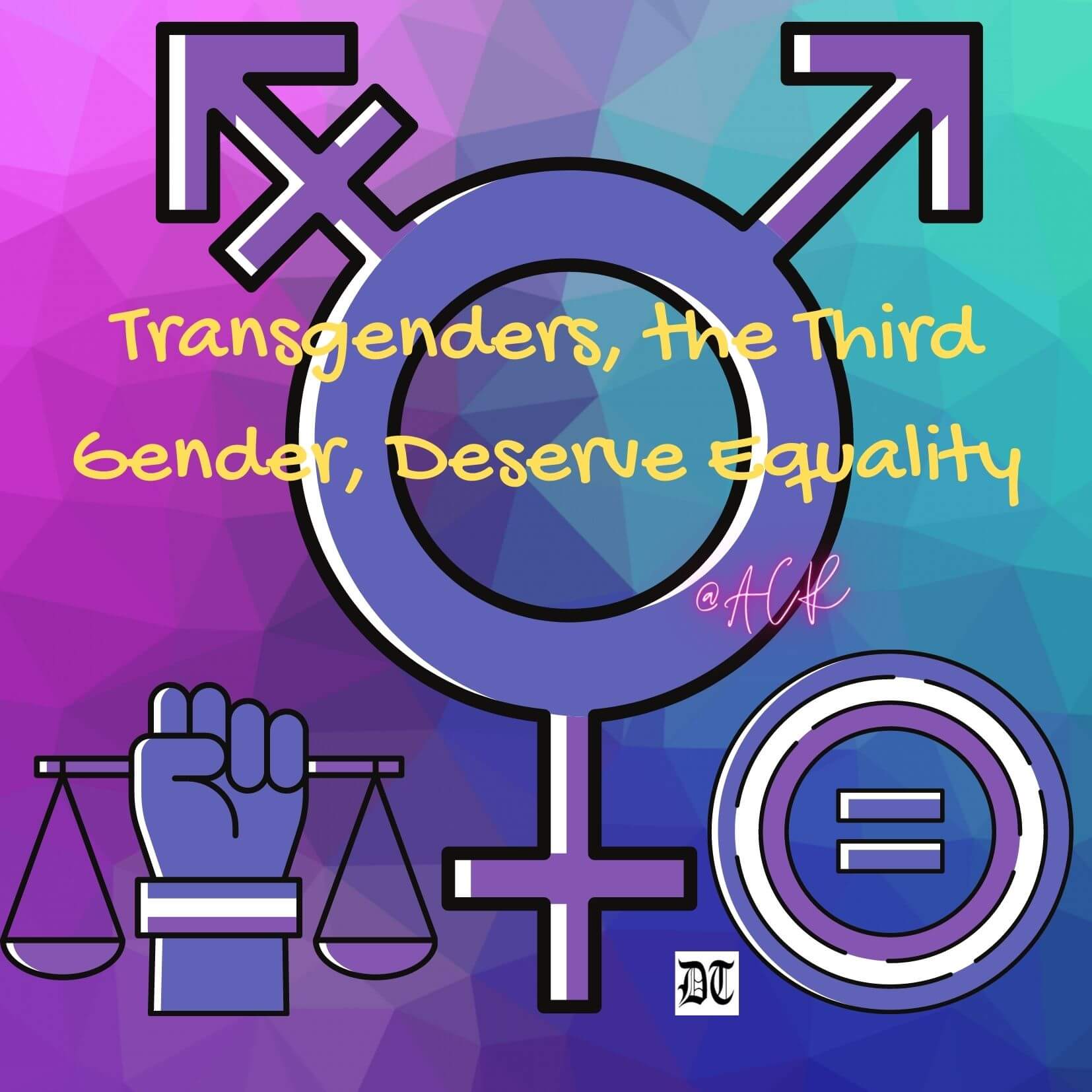



 By
By

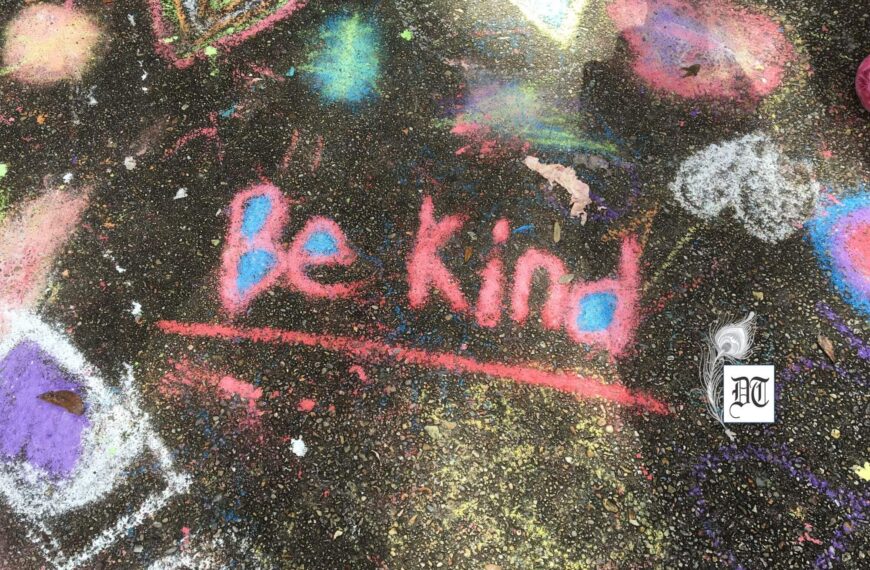
 By
By